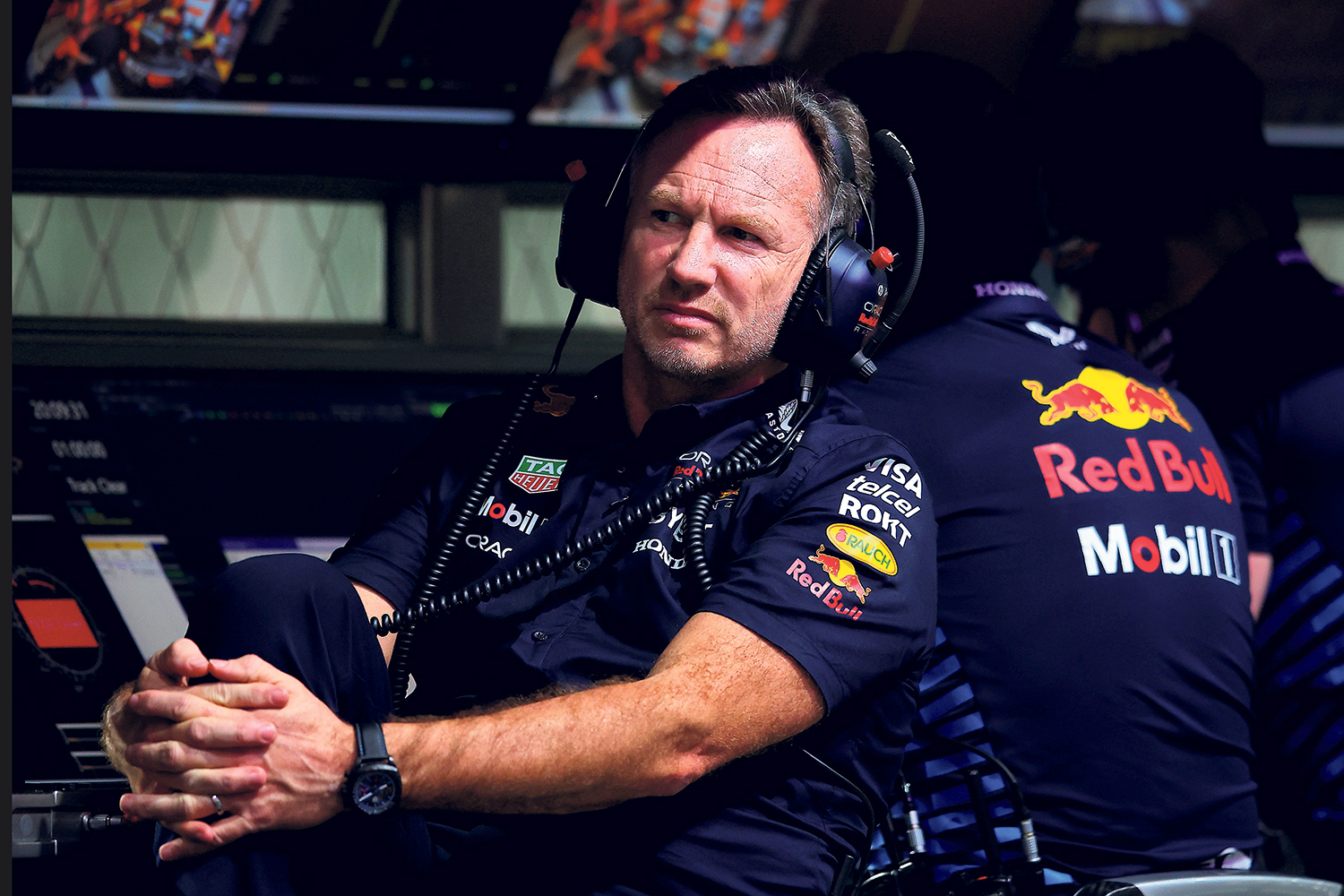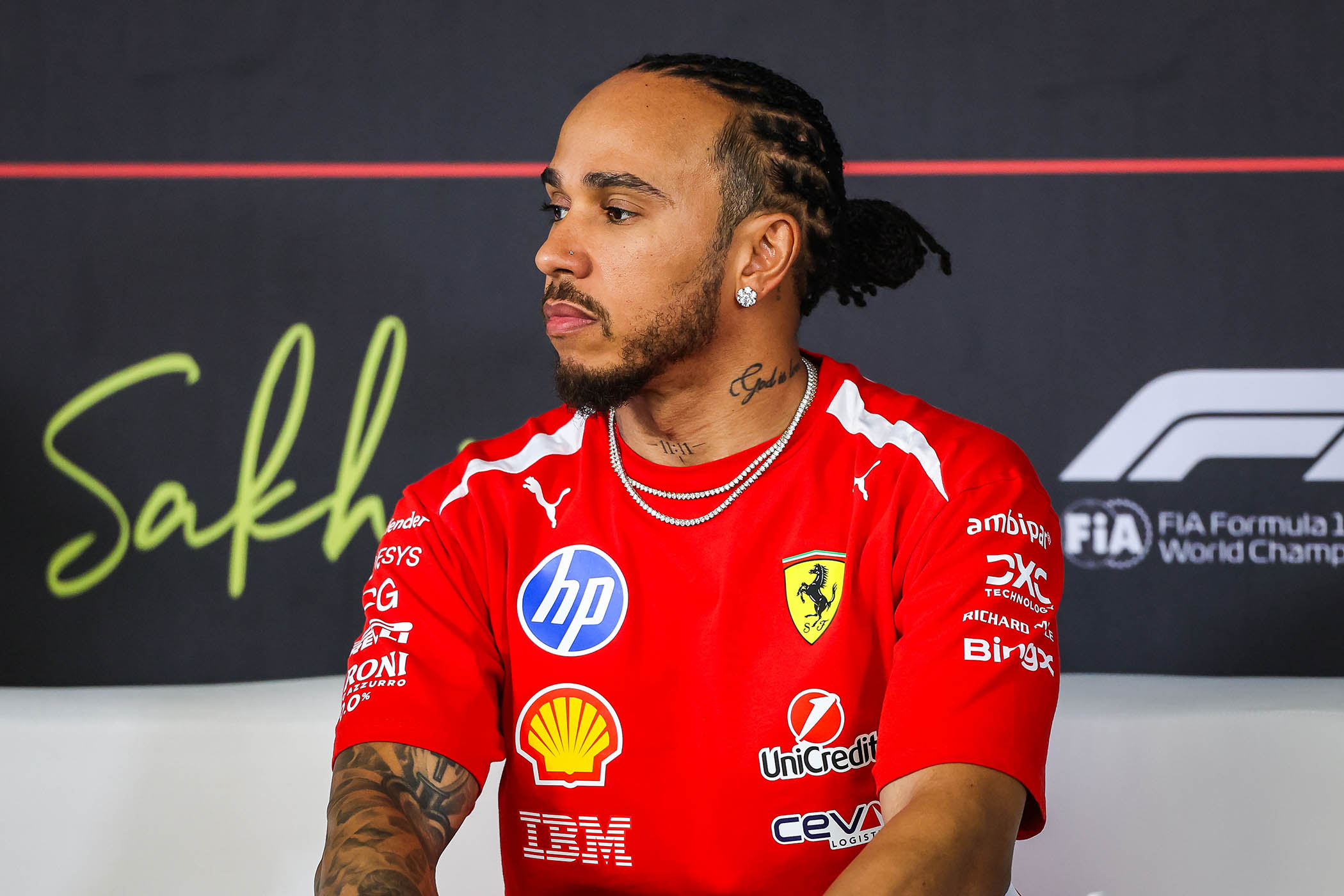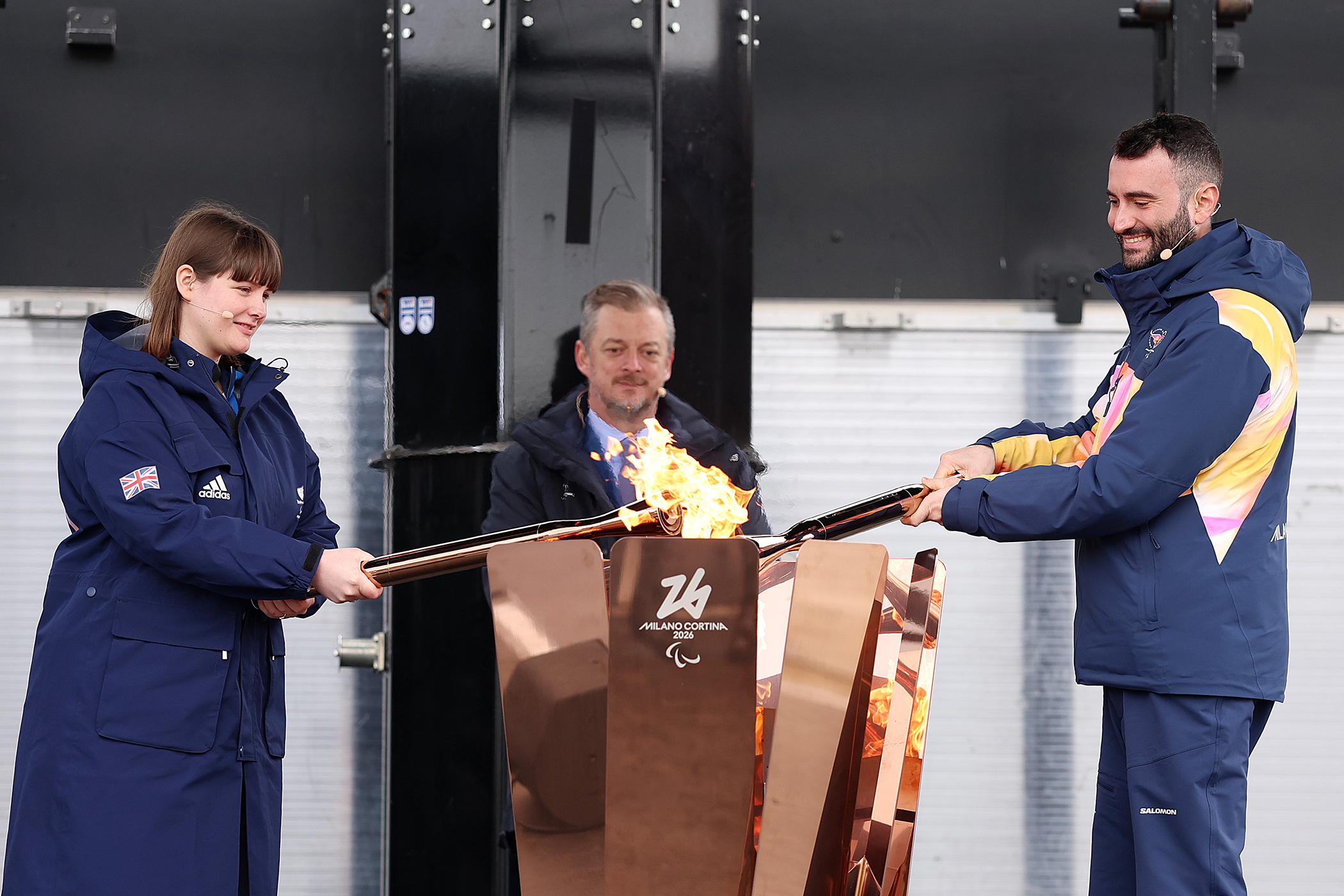On the eve of the 2025 Formula 1 season, hundreds of Red Bull Racing staff shuffled into a room at the team’s Milton Keynes headquarters.
To the backdrop of its championship-winning cars, Christian Horner confidently declared the team’s “mission to win,” while warning “it’s not about what we’ve done but what we’re going to do.”
For Horner, the team principal since its maiden F1 season in 2005 and then CEO, that 20-year mission of relentless competitiveness is over, the parent company Red Bull GmbH no longer deeming him the right man to deliver ongoing success.
For nearly 18 months, he has fielded questions about his future. And now, still in the employ of Red Bull despite being “released… from his operational duties” with immediate effect this week, he is finalising the terms of his exit. With an annual salary of £12million and a lengthy term still to run on that contract, that payout could be approaching £50million as lawyers for both parties thrash it out.
Since an emotional address to staff at the team’s factory, Horner has not commented nor Red Bull as a bigger business beyond the initial statement on Wednesday morning.
Red Bull Austria’s approach has always been one of “say nothing” as it was last year when Horner was accused of “inappropriate behaviour” by a female colleague and cleared by an independent barrister and a subsequent appeal.
The mood at base has been muted since, some in tears at his farewell speech. On Thursday, a team of mechanics and engineers gathered at Silverstone, the scene of Horner’s final race just a few days previously, for a pre-planned filming day. Among those gathered, some of whom had worked with Horner for the duration of his two-decade Red Bull tenure, was a sombre sense.
Also there shaking hands with staff was Horner’s immediate replacement as CEO and team principal Laurent Mekies, who has stepped up from the sister team Racing Bulls. And the Frenchman has a sizeable tray of things to tackle.
One is to see if he and the team can get a handle on the RB21, this year’s car, with a narrow operating window which fluctuates from being capable of pole positions and race wins as at Suzuka and Imola to being the fourth quickest car on the grid at best. It also appears undriveable in the hands of anyone other than Max Verstappen.
Tied to that is the regulation overhaul for 2026 with Red Bull building their own power unit in house for the first time to take on the more established likes of Ferrari and Mercedes.
Newsletters
Choose the newsletters you want to receive
View more
For information about how The Observer protects your data, read our Privacy Policy
Already some of the team’s attention will be on 2026. With the McLaren duo Oscar Piastri and Lando Norris seemingly in a two-horse race for the drivers’ championship, Mekies will have to decide when and how much to ultimately give up on 2025 and focus on next season.
But perhaps the biggest headache is the future of Verstappen after it emerged at last month’s Austrian Grand Prix that he was in ongoing talks about a potential move to Mercedes with boss Toto Wolff.
‘In his last-ever interview before his axing, Horner told me he had no intention of ever leaving Red Bull’
‘In his last-ever interview before his axing, Horner told me he had no intention of ever leaving Red Bull’
Despite a good relationship with Verstappen, Horner has long been at loggerheads with his father Jos. And the inference is that Horner’s departure makes it more likely that Team Verstappen will stay where they are next season.
While the early whispers are that Mercedes have the best engine for the new regulations, no one knows for sure and the sensible option would be for the Dutchman to stay put in ’26 before a potential move the following season.
The question also remains what and where next for Horner. In his last big sit-down interview before his axing, he told me had no intention of ever leaving Red Bull having been at the head of a team to have won eight drivers’ titles, six constructors’ crowns and 124 grands prix.
He has had his suitors in the past. Ferrari made an informal approach in 2022, which he turned down, and it is well known that Fred Vasseur’s contract is up for renewal.
Horner also enjoys good relations with Flavio Briatore at Alpine, which is another potential option for the future. With his level of success and having built Red Bull from a small operation to a workforce approaching 2,000 people, it would be shortsighted of teams not to make an approach for his services when the dust finally settles.
The reality is that, at 51 and having been sacked much to his surprise, he has unfinished business in the sport and a point to prove.
Matt Majendie is spending the season embedded with Red Bull Racing for the podcast The Inside Track.
Photograph by Eric Alonzo/Getty Images



